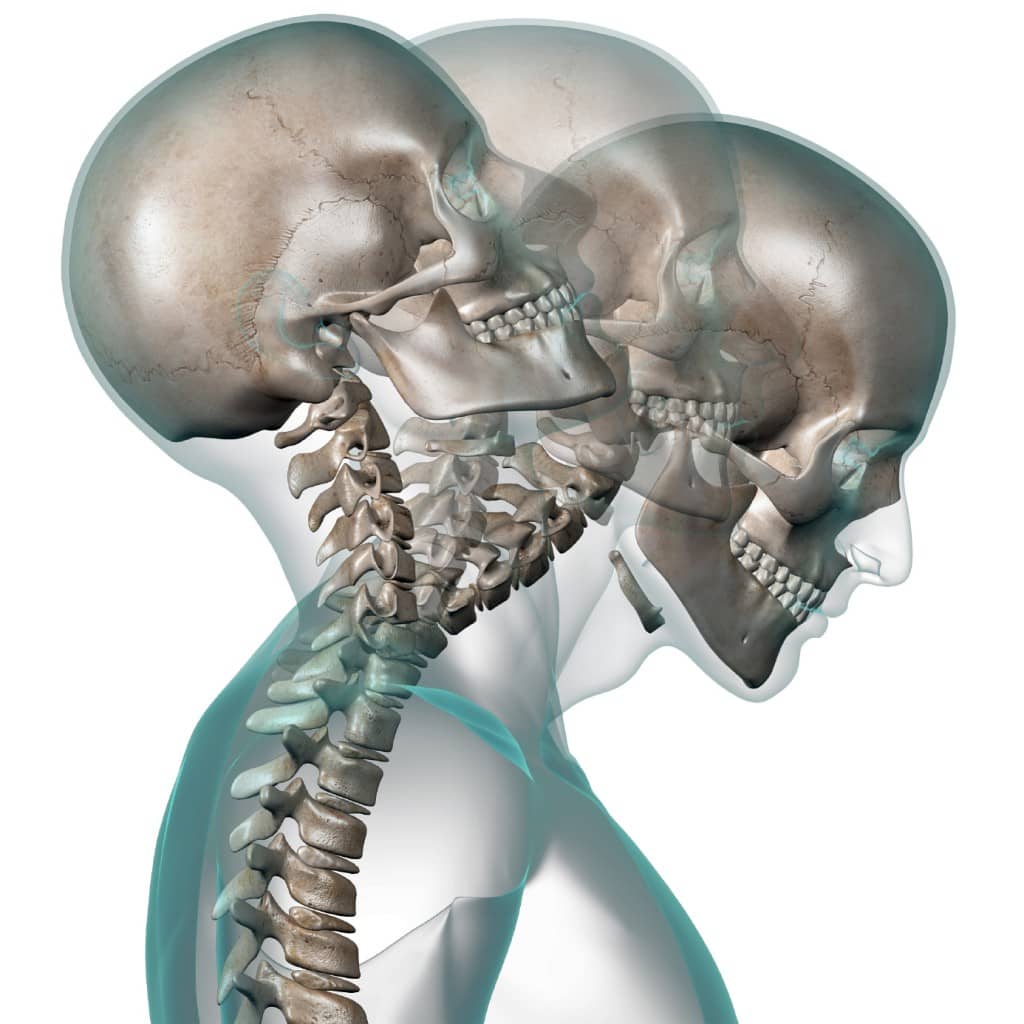Why Rural Road Accidents Have Higher Mortality Rates
The state of Alabama has a motor vehicle accident death rate that is twice the nation’s rate, according to the Centers for Disease Control. There are a number of driver behaviors that contribute to our state’s high incidence of car accident mortality – such as speeding and not using seatbelts.
Good driving habits certainly can help reduce our likelihood of being in a deadly accident. There are other factors, however, over which we have little to no control.
One such factor is the closure of rural hospitals. The fact is that deadly accidents occur more often in rural areas than urban locales. The Alabama Rural Health Association finds that rural residents are 56% more likely to be in a deadly accident than urbanites.
So, why do accidents in rural locations – where fewer hospitals can be found – have such high mortality rates? The answer is at least in part due to something called the “golden hour.”
The Golden Hour
The “golden hour” is not the rich natural light that makes for outstanding atmosphere during an evening walk. Instead this phrase refers to the 60-minute window in which car accident victims should arrive at a trauma center. Their likelihood of surviving a serious accident is greatly enhanced when they can make it to a medical care facility within this time limit.
Every minute that passes before an ambulance arrives at an accident scene is critical – even life-threatening. An ambulance that has to travel dozens of miles into a rural area can take much longer to get to the scene than if the ambulance were merely heading down a city street. A severe accident that requires specialized equipment – like the “jaws of life” – may have even longer response times.
Of course, once EMTs arrive, victims then need to be stabilized and transported to a hospital for proper treatment. Taken all together, accident victims in rural areas have a lower chance of making it to a medical facility equipped to treat their wounds within the golden hour.
Rural Hospitals Shutting Their Doors
Rural areas have fewer hospitals per mile and even fewer trauma centers. An intake center or ER in a rural location can probably help you out if you break an ankle while playing a game of pick-up basketball, or if you need an IV for a bad case of the flu.
A rural hospital will probably not have the resources to treat trauma injuries deriving from a serious road accident. Internal bleeding, multiple fractures or traumatic brain injury (TBI) are all common car accident injuries that an emergency room trauma unit would be best able to handle.
While hospitals and trauma centers have historically been few and far between in rural areas, the situation is only getting worse. Financial problems over the last few decades have forced many rural hospitals to close down, or significantly reduce their services, including trauma-related services. In the last 5 years alone, 10 rural hospitals in Alabama have closed:
- Chilton Medical Center
- Cooper Green Mercy Hospital
- Hartselle Medical Center
- Infirmary West
- Florala Memorial
- Elba General
- Searcy Hospital
- Greil Memorial Psychiatric
- Randolph Medical Center
- Southwest Alabama Medical Center
Hospital closures in rural areas are not unique to Alabama though. Our state is a part of a nationwide trend. Between 2010-2014, 47 rural hospitals across the country stopped providing inpatient services, according to the North Carolina Rural Health Research Program.
So What Can You Do?
The old adage goes that we should focus on that which we can control and let go of what we cannot. Little can be done to reopen hospitals or improve services at existing hospitals – besides maybe pleading to local officials. As drivers, we can decrease our chances of being in a deadly accident by practicing good defensive driving skills.
Some basic good driving habits would be: obey traffic laws and speed limits, focus on the road and not your phone or other distractions, wear your safety belts, and never get behind the wheel after drinking.
Pittman, Dutton, Hellums, Bradley & Mann, P.C. wants you to be safe while traveling over our state’s highways and byways. If you are in a vehicle accident, we have decades of proven experience that can go to work for you. Contact us for a free case evaluation to learn more.







